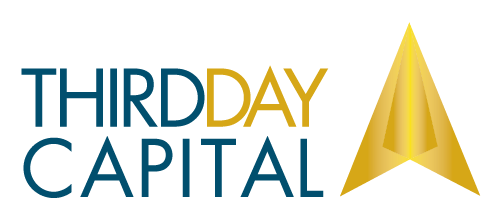Trustees and
Professional Fiduciaries
The trusts they oversee tend to be complex, with multiple asset classes, some liquid, some illiquid, for the benefit of multiple beneficiaries or multiple beneficiary classes, often with conflicting interests or overlapping claims on trust property.
Although the trustees themselves have decorated professional backgrounds, they are not investment professionals and therefore do not manage trust assets internally. Nevertheless, they are focused on utilizing investment-related best practices in order to efficiently serve their beneficiaries, mitigate potential liability, and to support the profitability and scalability of their practice.
The complexity of the trusts they oversee however, creates a number of distinct challenges.

For Example:
Risk and Reward
Evaluating the suitability of myriad investment options, each with different risk and reward profiles, and how each will interact within the portfolio can be intimidating.
ESG Perspectives
Trustees are expected to understand, and increasingly implement, Environmental, Social, and Governance (ESG) investment strategies despite divergent ESG perspectives among beneficiaries, conflicting ESG frameworks, and inconclusive data regarding ESG investment returns.
Specialized Skill Set
Monitoring, evaluating, and periodically replacing investment managers requires comprehensive systems and processes and a specialized skill set.
Competitive Challenge
Scaling an independent fiduciary practice, in the face of intense competition from well-established and well-funded trust companies is a formidable competitive challenge.

